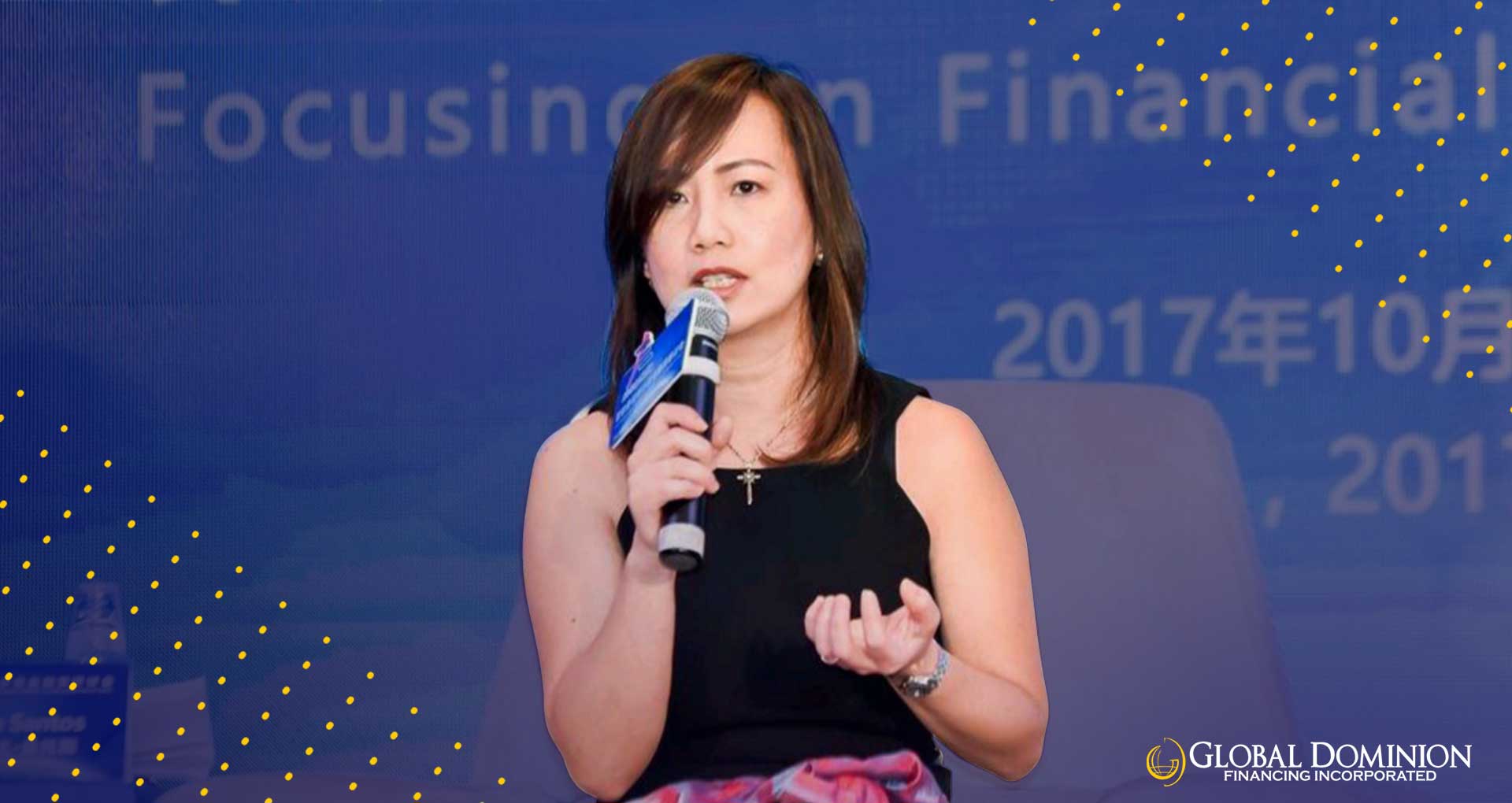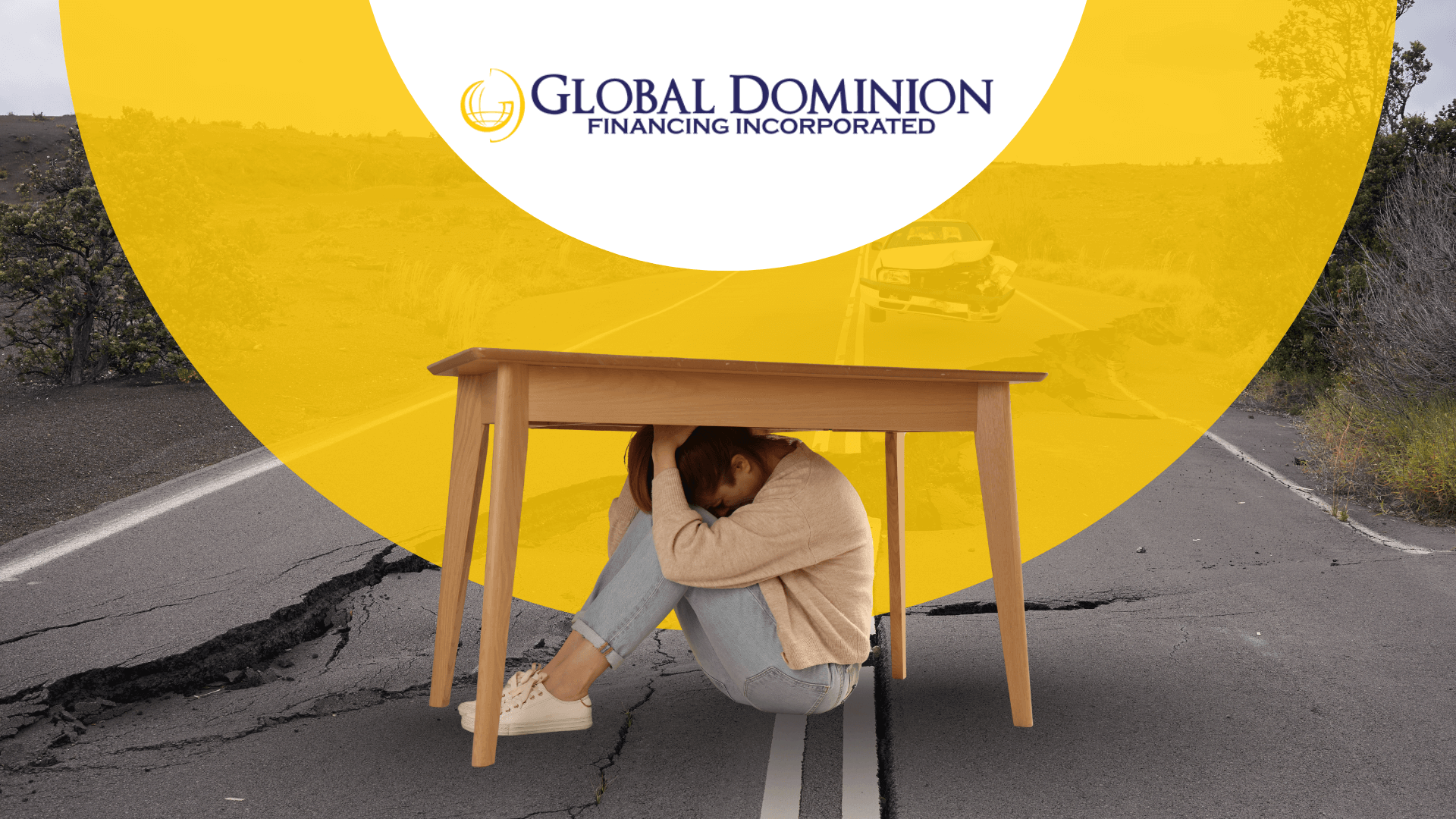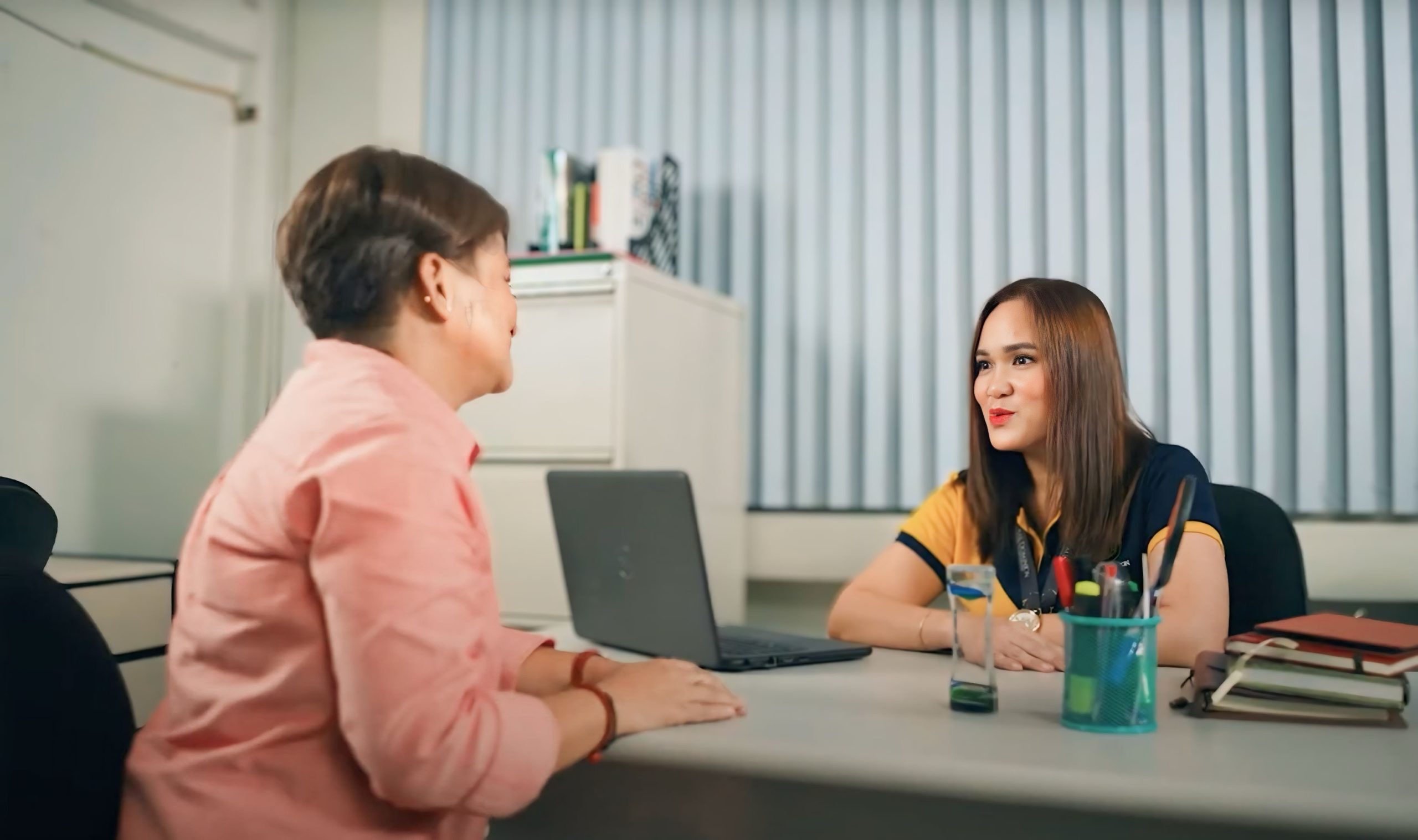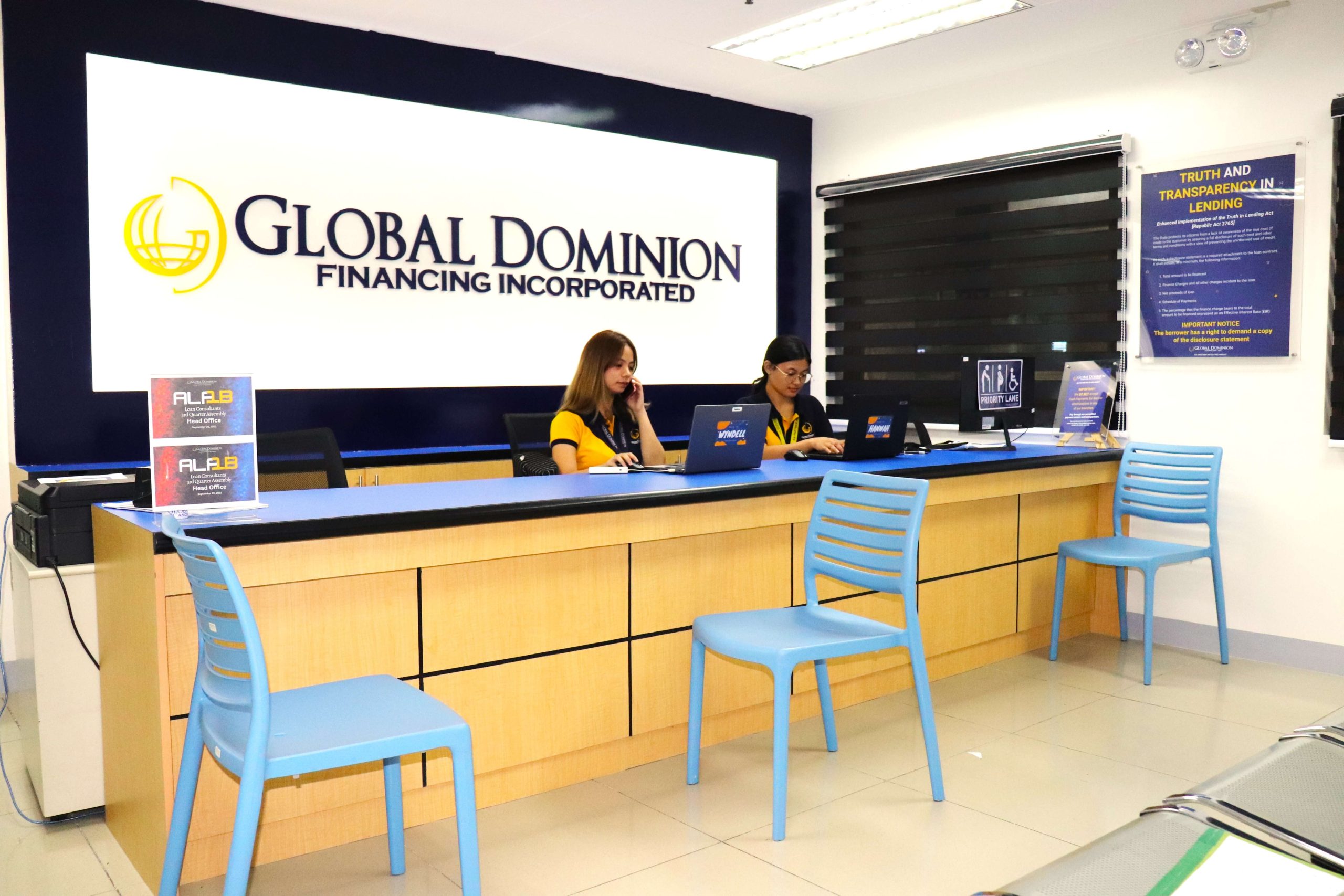The Improving State of Financial Inclusion in the Philippines

#GlobalDominionOnline took things a notch higher when it comes to promoting financial literacy and financial inclusion. This time financial sustainability has also been discussed. Joining the discussion was Gay Santos, Chairperson of the Financial Inclusion Committee of the Financial Executives Institute of the Philippines, an Executive Director of FinTech Alliance.Ph (at the time of the interview), and a financial inclusion advocate. Gay spent most of her career in a developmental multilateral institution that allowed her to focus on areas which really matters to her in terms of overall sustainability for our country. Her work requires a lot of business case building and forming alignments to promote things that matter, and she has been working in the country for these endeavors in the last six years.|
Promoting Financial Literacy and Inclusion
“It was not an easy task, in a sense that I underestimated the effort involved. I thought for a while that being a Filipino makes it easier, but you’re talking about not nationality, but it’s more of bringing people together,” Gay uttered when asked about her experience promoting financial inclusion in the country. “I think I came in at the right time, when there’s a steady momentum among the government and private sector to focus on financial inclusion,” she added.
Gay shared that the Philippines actually ranks one of the highest when it comes to the global financial inclusion index. From 2014 to 2017 the ratio of formal accounts penetration has jumped from 31% to 35% – which is good; however, a number of enabling laws and policies that can further improve the state of financial inclusion in the country still needs to be operationalized. While many Filipinos obtained access to formal bank accounts and payment systems, a lot are unable to sustain its use for their livelihood.
“Financial literacy helps increase knowledge about good financial management, to be able to budget well, to be able to save,” Santos said. “Savings here is not in the context of having so much money, but in the discipline of being able to allocate for the needs of families consistently,” she adds.
Santos, who recently had the privilege to contribute in the development of the financial literacy program for the conditional cash transfer beneficiaries of the Philippine government, said that learning about good financial management really helps. But, beyond budgeting and saving, one also has to be able to appreciate other banking and insurance products to utilize financial tools to one’s advantage. Responsibly using financial tools helps one in establishing a good bankable footprint, that can enable one to tap into more useful financial resources in the future, when the need arises.
There seems to be a distinct prioritization in many Filipinos when it comes to budgeting as there is a noticeable difference in the overall digital consumption versus saving or digitally accessing financial products. Plus, despite the huge SIM card penetration and the vast social media following and usage, there are still improvement needs when it comes to driving and supporting online banking and financing platforms online.
Discussing “Five-Six” Lending
The majorly informal “five-six” lending platforms in communities was also discussed. There are Filipinos who have managed to send their children through college by leaning to these five-six lenders. The interviewee has identified the following reasons why many resort to five six:
- They’re visible in public areas
- They proactively reach out to people
- Their processes are very simple
- There’s established personal relationship
Nonetheless, formal banking and financing institutions have also started making efforts in simplifying their processes and making their products more accessible. Digitalization, which has been intensified by the pandemic, has been the main tool in pushing for improved user experience for banking and financing customers.
Additionally, further push for the “sachet” approach has been apparent. “Filipinos are used to buying bite-sized products. I think only in the Philippines you can see a shampoo in a small sachet,” Santos shared. “But not everybody is aware that you can buy insurance in sachet too!” she enthusiastically added. Some of the known sachet loan products are the “heartbreak” insurance and dengue insurance, which costs as low as 30 pesos.
“If the Personal Property Security Act, which is a law which expands the use of moveable assets anything other than land as collateral, is fully operationalized then that could really bring in humongous benefits to the country in terms of mobilizing financing for MSEMs and the agricultural sector,” Gay answered when asked to provide an example of policies or laws which could be further operationalized to improve financial inclusion in the country.
“I hope that this is something that can be given priority by the legislators and the government, because this will offer another form of security or collateral to MSMEs that banks can confidently take on,” the interviewee shared, referring to the Warehouse Receipts Bill – another bill which could improve the financial inclusion status in the Philippines.
Gay believes that the challenge is more about the lenders’ confidence versus liquidity. She claims that the financing companies’ confidence to lend can be enhanced and increased if we have laws which also protect creditors’ rights fully operationalized. Each loan applicant has a unique credit situation, and it is pertinent to carefully assess them. With good credit assessment frameworks, a loan product can be better structured and priced based on objective risk evaluation.
Important Note:
The purpose of the interview is to promote an advocacy for greater financial inclusion and not to endorse a company or product. Moreover, the views expressed by the interviewee are her own and do not represent the views of the organizations she is associated with.
GDFI’s Purpose:
Global Dominion’s purpose is to provide accessible financial products and services so that every family is empowered to achieve their goals and dreams.
Watch the entire interview with Gay Santos on Facebook or on YouTube.





